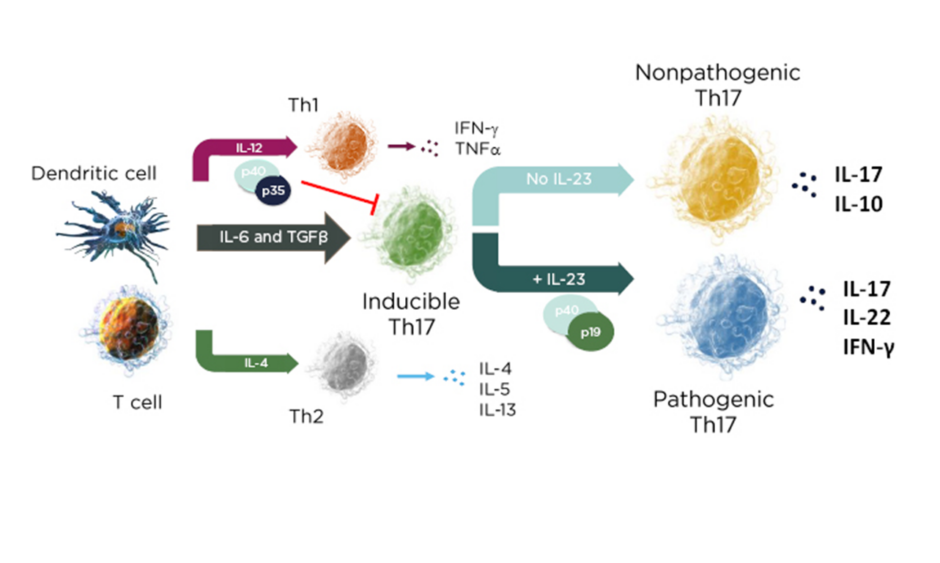Patients with systemic autoimmune rheumatic diseases (SARDs) remain at risk for severe COVID-19 outcomes, even during the Omicron era, according to a new study. The findings underscore the importance of booster vaccinations and tailored prevention strategies for immunocompromised individuals.
Researchers from the Mass General Brigham healthcare system retrospectively analysed data from over 2,000 patients with confirmed SARDs and COVID-19 between September 2022 and March 2024. Among them, 6.5% were hospitalised primarily due to respiratory symptoms, and 15% of those hospitalised died.
Key risk factors for hospitalisation included older age, Black race, smoking history, and the use of CD20 inhibitors or glucocorticoids. Patients on CD20 inhibitors had more than twice the odds of hospitalisation compared to those on antimalarial monotherapy, while glucocorticoid users also faced elevated risk. In contrast, recent booster vaccinations significantly reduced the odds of hospitalisation, especially when administered within the previous 3 to 6 months.
Female sex and recent SARS-CoV-2 booster doses were associated with lower hospitalisation rates, highlighting the protective effect of up-to-date vaccination.
The study emphasises that although newer variants of COVID-19 are often milder, vulnerable populations such as those with SARDs continue to face serious risks. The authors advocate for ongoing vigilance, risk mitigation strategies like pre-exposure prophylaxis, and prioritising booster vaccinations for high-risk patients.
Reference
Patel NJ et al. Patients with systemic autoimmune rheumatic diseases remain at risk for hospitalisation for COVID-19 infection in the Omicron era (2022–2024): a retrospective cohort study. RMD Open. 2025;DOI: 10.1136/rmdopen-2024-005114.








